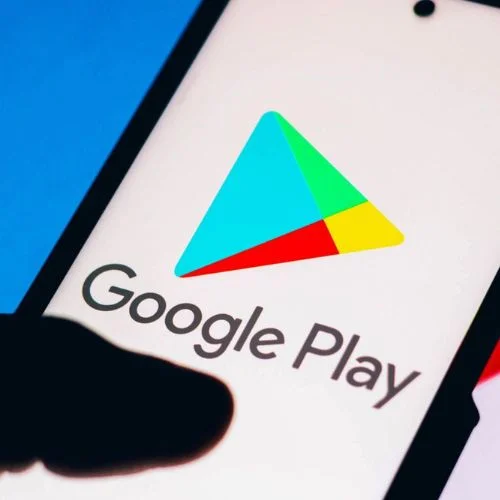According to different estimates, Apple’s new iPhone 15 is selling significantly worse in China than its predecessor, showing persistently low consumption and the emergence of competitors such as Huawei Technologies.
Huawei’s stratospheric growth, cultivated over three transformational decades, puts it as a global behemoth, aggressively attacking industry titans such as Apple, Samsung, and Google. A dynamic range of communication-related goods and services is at the heart of Huawei’s endeavors. Huawei, a massive supplier of communication networks, telecom equipment, and intelligent gadgets, boldly proclaims its status as one of China’s preeminent worldwide symbols.
According to previously unreported numbers released to Bloomberg News, sales of Apple’s flagship gadget were down 4.5 percent compared to the iPhone 14 in the first 17 days after introduction, according to market tracker Counterpoint Research. According to Jefferies analysts led by Edison Lee, sales of the iPhone 15 were down by an even more pronounced double-digit percentage from its predecessor as Huawei outsold Apple altogether, fueled by the unexpected arrival of the Mate 60 Pro.
The twin stories are a possible setback for Apple, which is already dealing with the lowest smartphone demand in a decade and a backlash from overheated handsets. If the first predictions are correct, it would be one of the iPhone’s worst launches in China since early 2018, when local brands like Oppo and Vivo started to capture Asian customers.
Counterpoint attributed the iPhone’s decline in China mainly to an economy still fighting to recover from its Covid trough. It also said that the iPhone 15 is anticipated to have seen a double-digit increase over 2022 in the first nine days of sales in the United States.
However, the iPhone’s arrival in China occurred only weeks after the release of the Mate 60 Pro, which was heralded as a victory against US sanctions due to its powerful made-in-China chipset. It also coincided with a government mandate to extend a prohibition on iPhone usage to government organizations and state businesses, highlighting Apple’s mounting difficulties.
“The US is hot right now with back-to-back stellar weekends for the new iPhone,” said Counterpoint research director Jeff Fieldhack. “It’s a positive sign from the biggest iPhone market in the world. So definitely takes some of the sting off the China numbers.”















